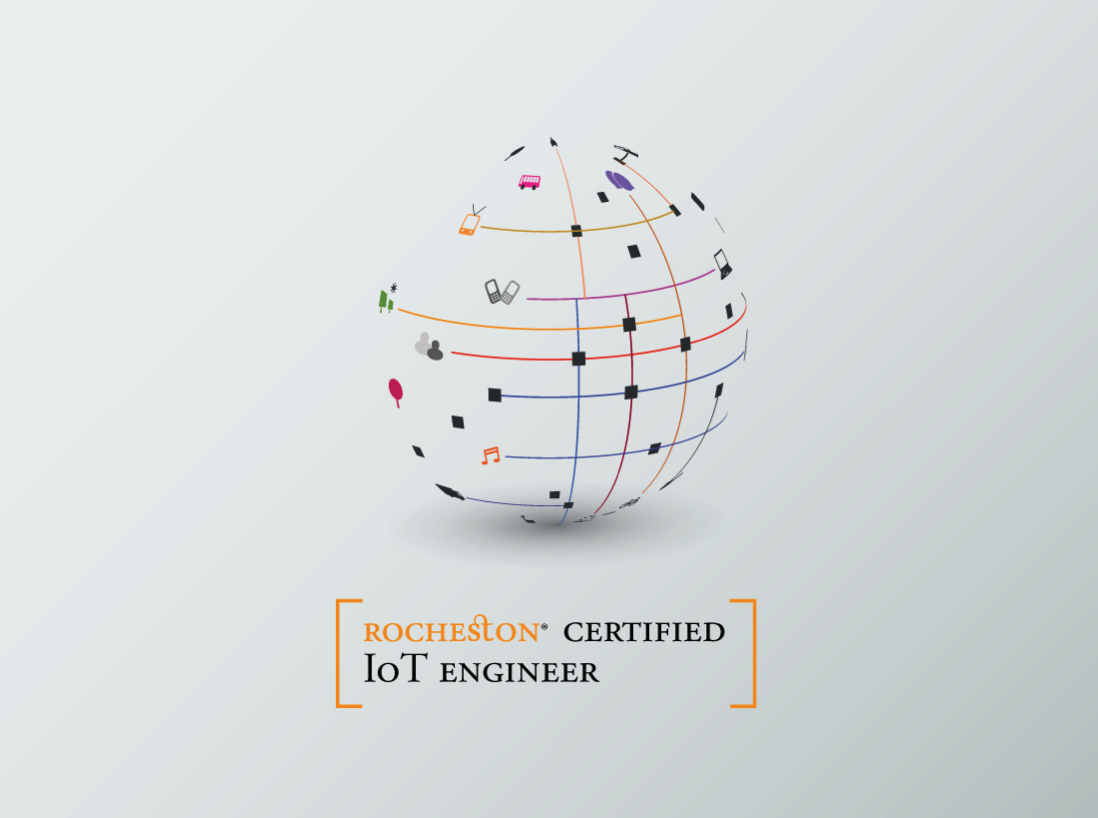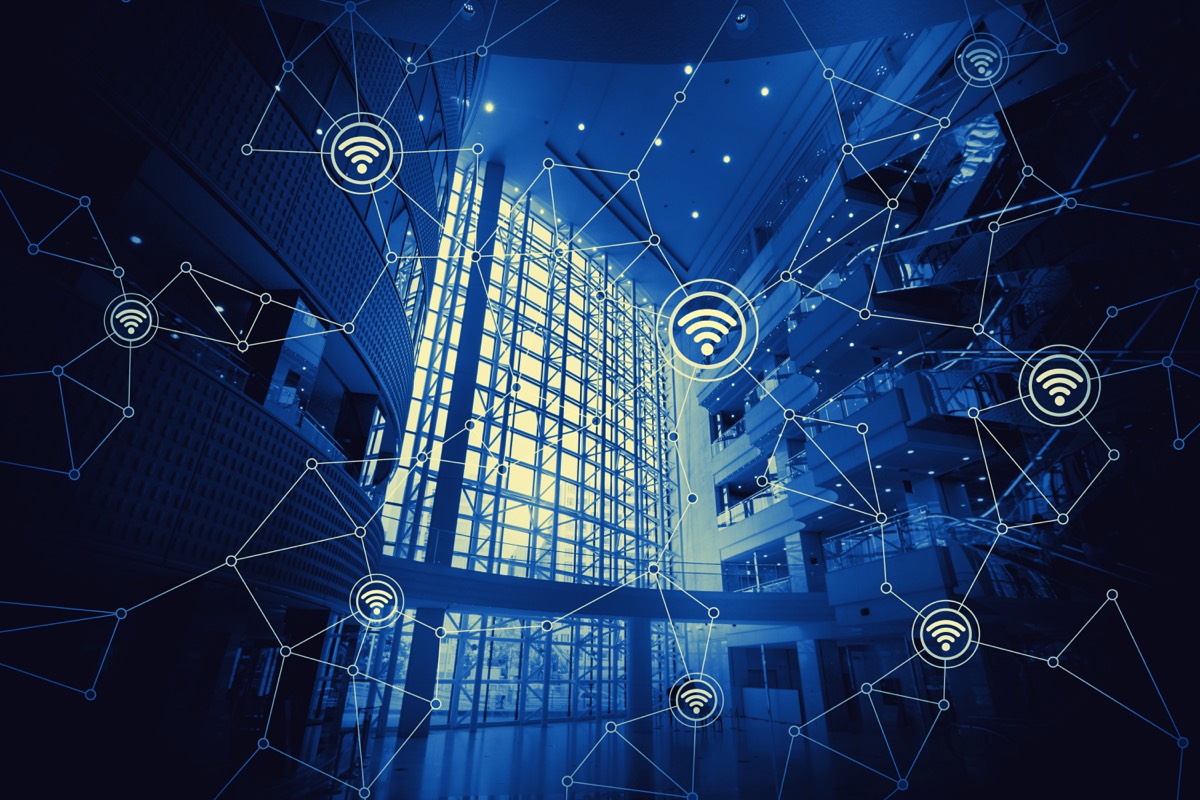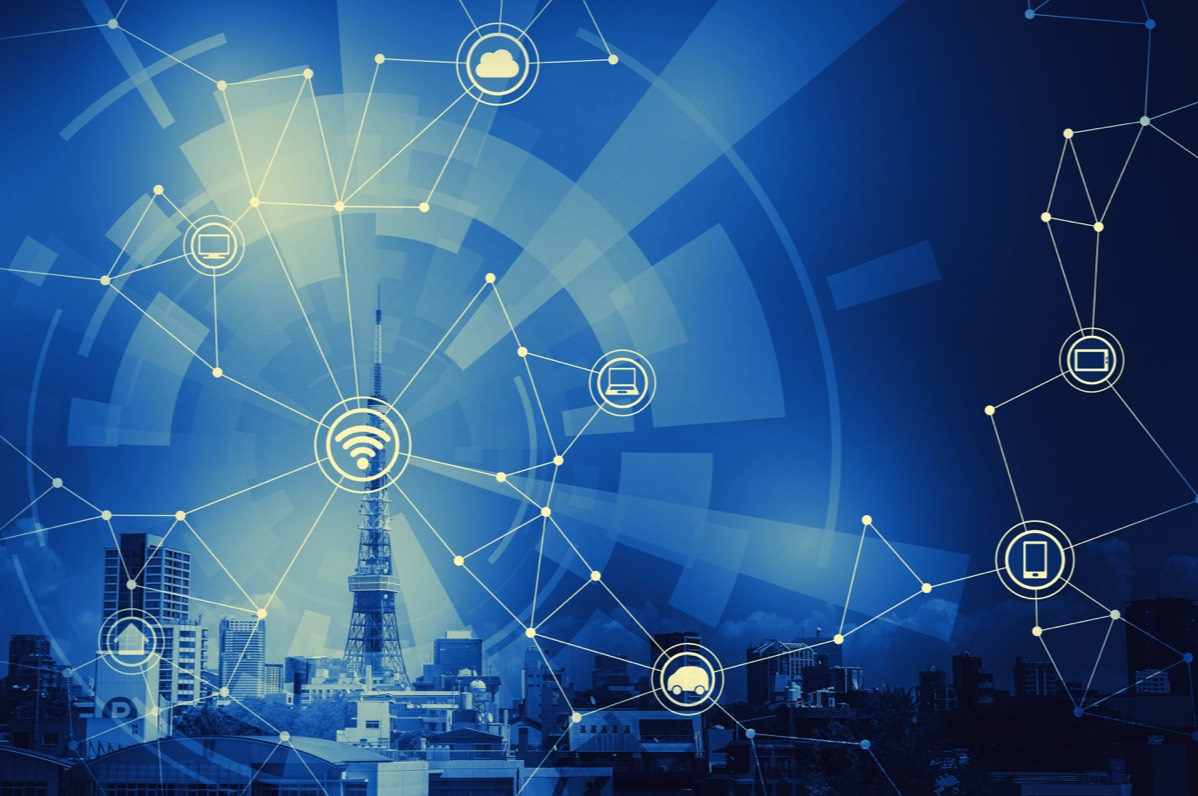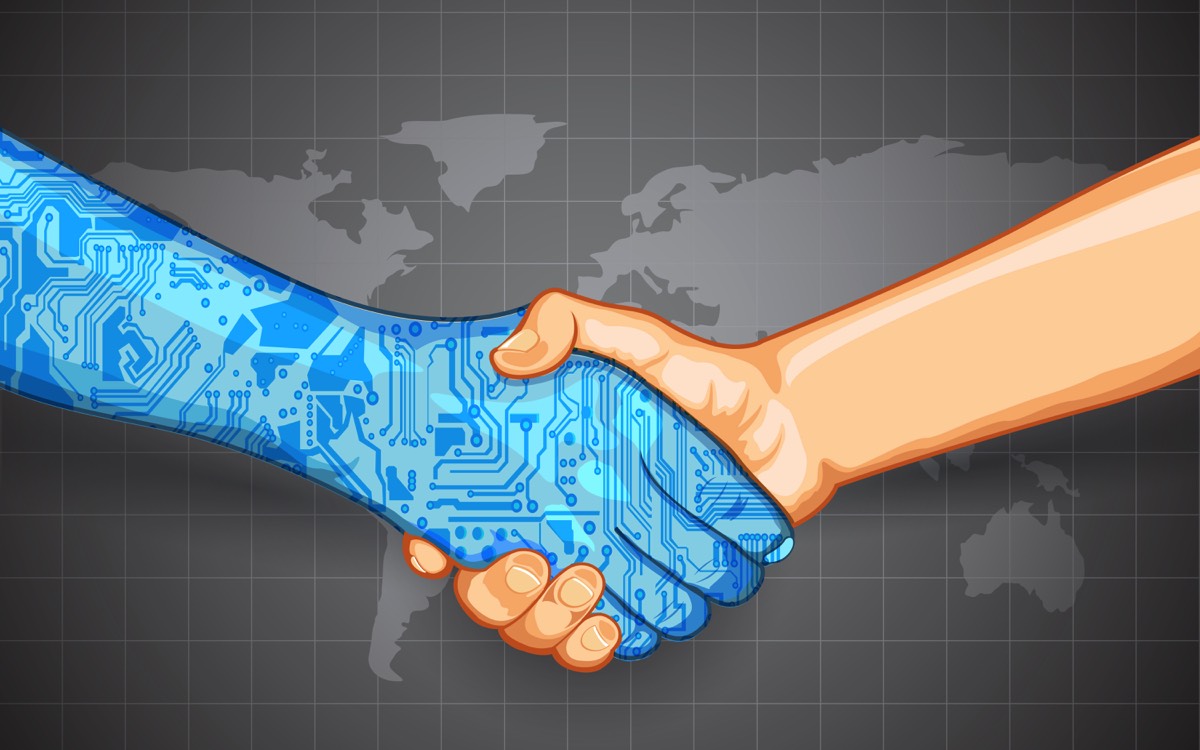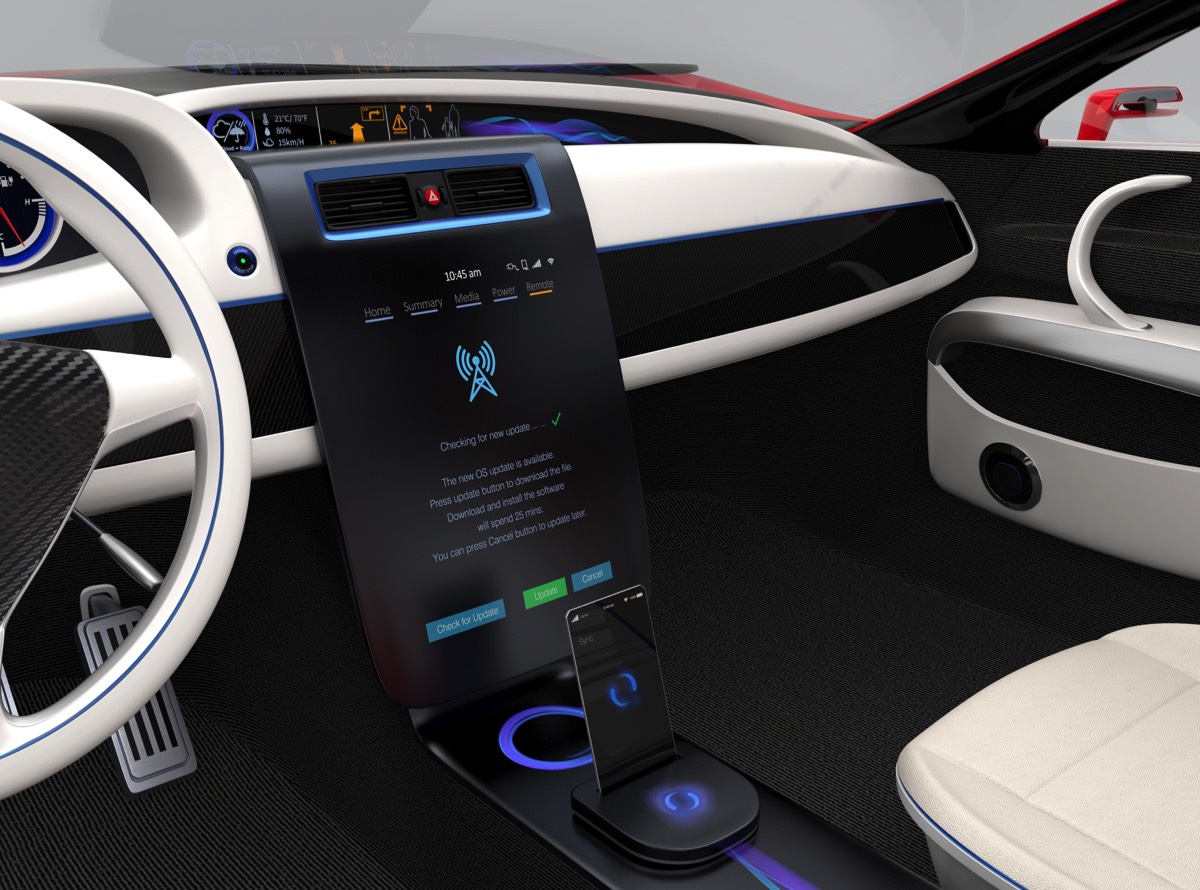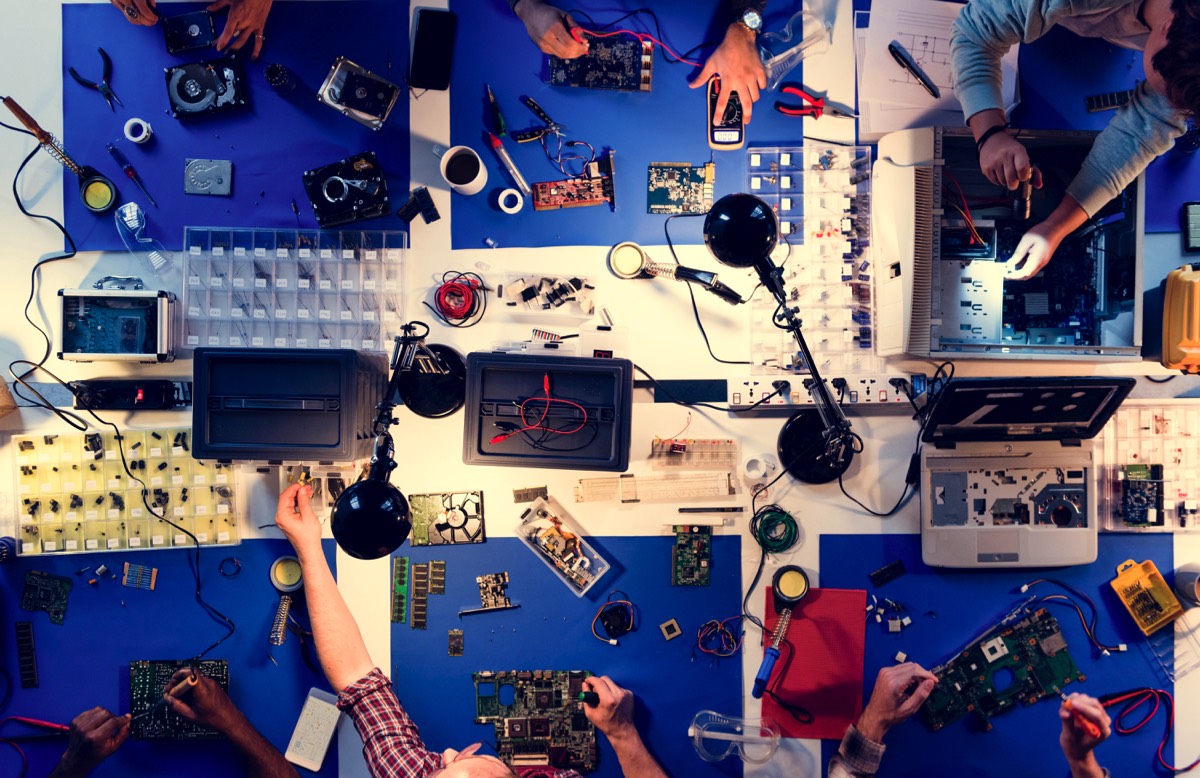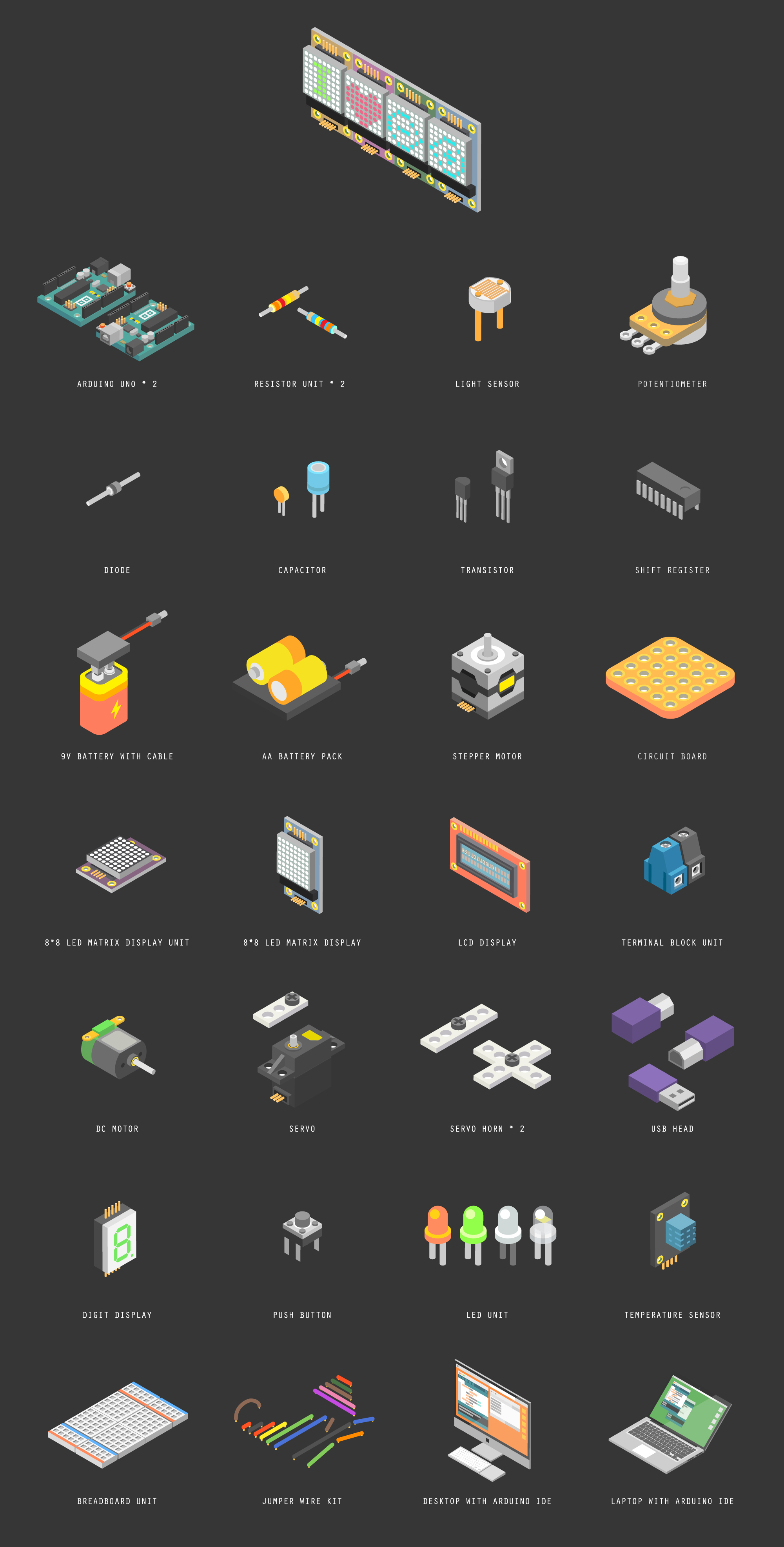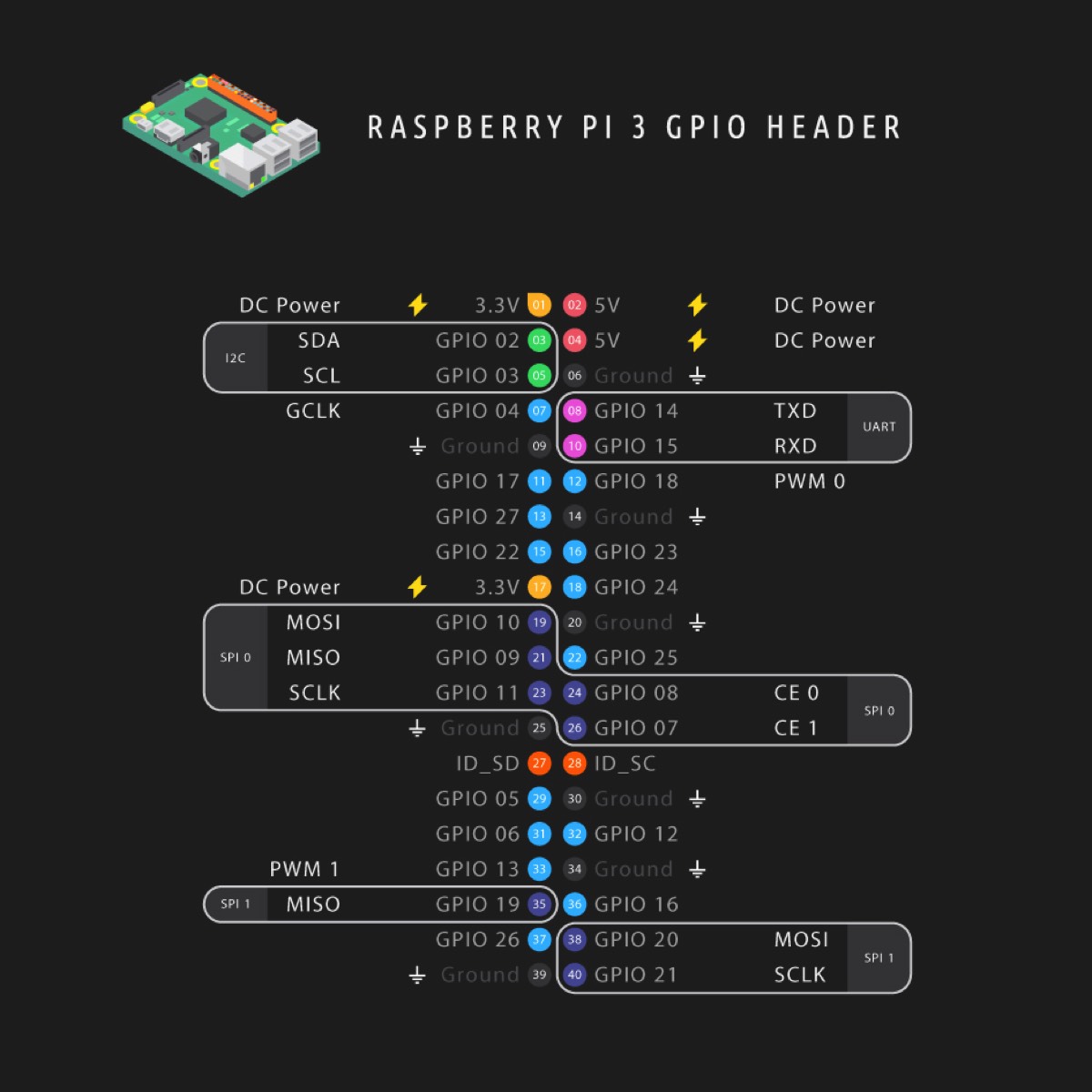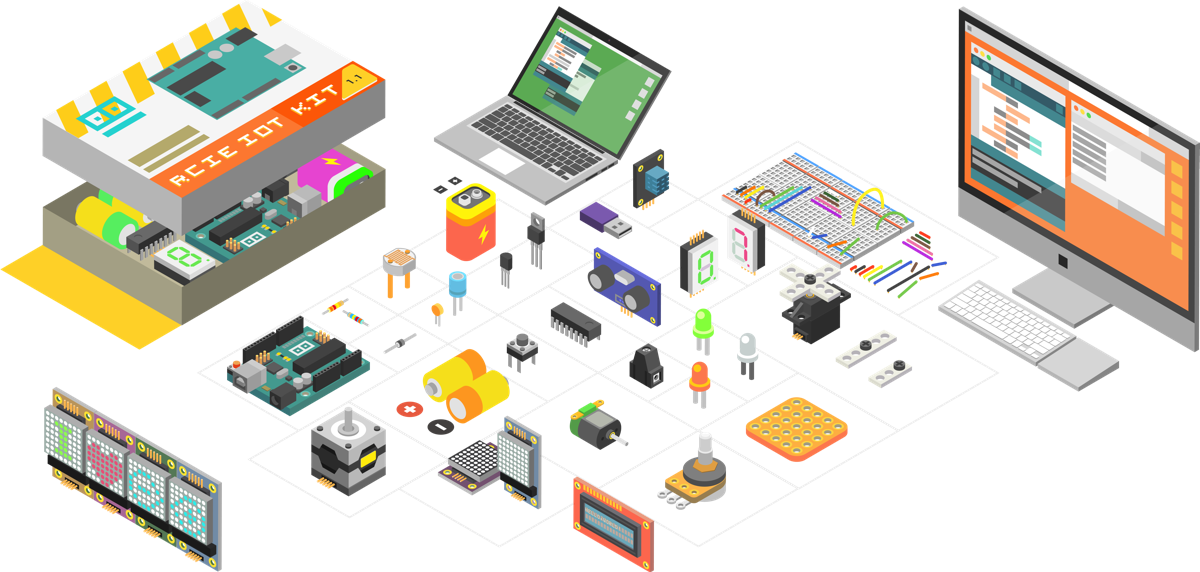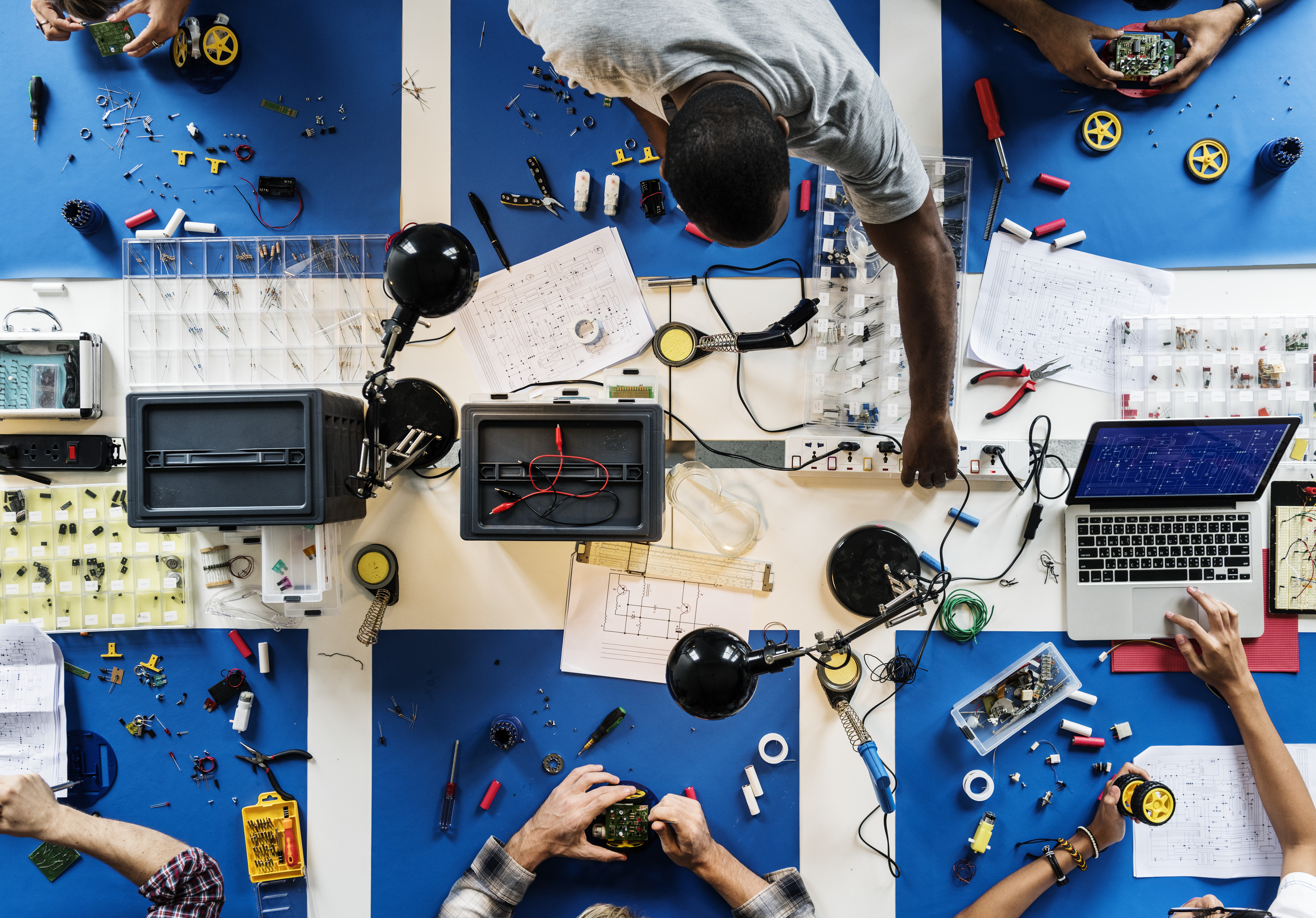Why RCIE?
Rocheston has multiple patents related to mobile phones, operating systems and IoT devices in various fields. Some of the revolutionary innovations at Rocheston include the Cyfone – a revolutionary mobile phone developed for the future, Cycle OS – an operating system for mobile phones, Rocheston Rose - an innovative custom built operating system for laptops/mobiles and many such cutting edge IoT appliances and devices.
With over 30 years of cumulative expertise in the IT sector, Rocheston brings this expertise to IoT and Innovation, equipping students with hands on training on how to conceptualize, build and program their own IoT devices.
What you will learn?
Please visit the RCIE Course outlineCost
Course Fee – USD 1299/ -
Exam Fee – USD 799/ -
Exam Retake Fee – USD 400/-
Course Goodies
On Registration, you will be provided with –
1. Course Manuals
2. Exercise Books
3. White papers, resources, and a Rocheston USB
4. Rocheston Bag
5. Rocheston T-shirt
6. Pens, Notepad, etc.
7. RCIE IoT Inventor's Kit
8. Cybernetwork® access to online labs
RCIE Exam
The exam will be held on the last day of the program. It will review your understanding of the course and test your understanding by means of specific objective questions.
